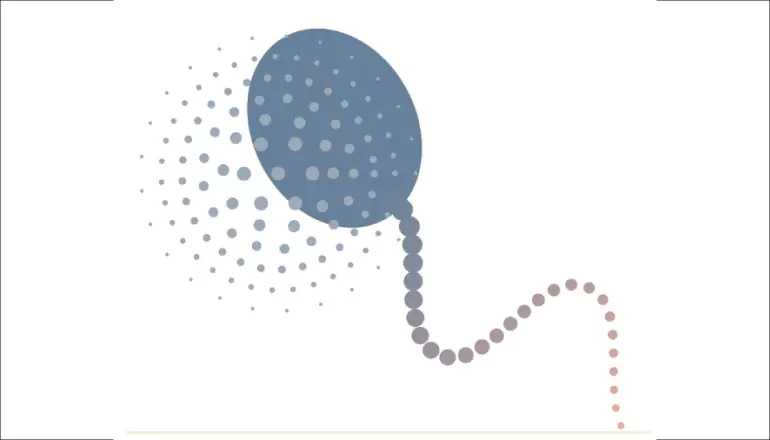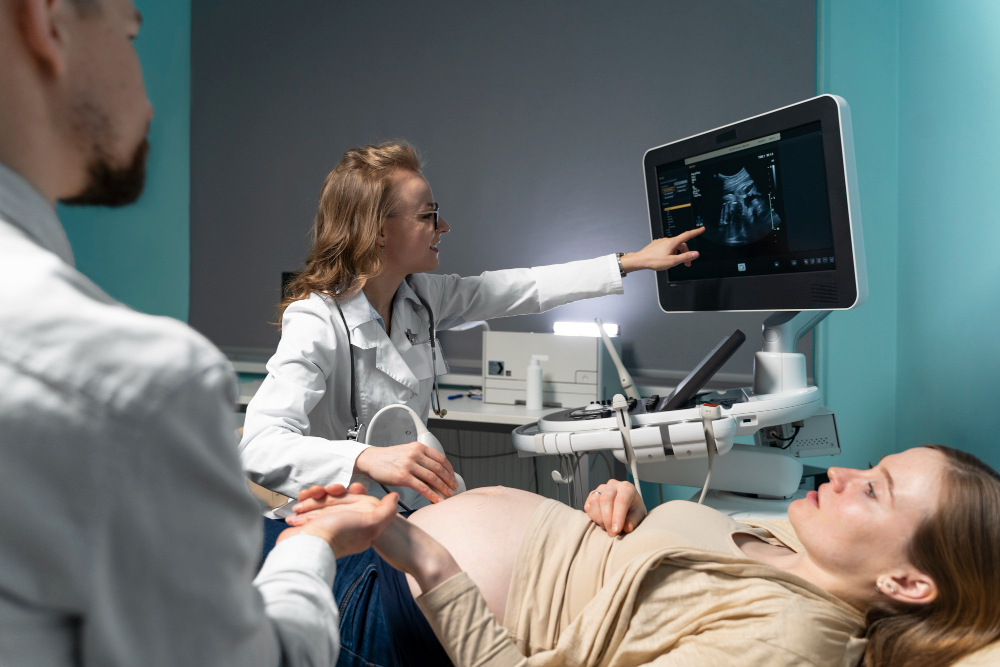Understanding Endometrial Cancer: Symptoms, Causes, and Treatments
Endometrial cancer is a concern more common than many realize. Awareness about this condition is vital as early detection can lead to better outcomes. Let’s explore the symptoms, causes, and treatments available to help people make informed decisions.
Discover Endometrial Cancer
Endometrial cancer starts in the uterus’s lining. The uterus, also called the womb, is where a baby grows during pregnancy. This type of cancer is one of the most common cancers in women. Raising awareness about it is crucial because knowing the signs can lead to early diagnosis and treatment.
People need proactive healthcare measures to monitor their health better. Endometrial carcinoma predominantly affects older women, typically those who are past menopause. However, younger women aren’t entirely out of the risk zone. Maintaining awareness, regardless of age, contributes to early diagnosis, which is key to better outcomes. Regular medical check-ups allow women to stay informed and alert about their health status.
Recognizing Symptoms Early
Timely attention to symptoms can make a big difference. Common symptoms of endometrial cancer include:
- Abnormal vaginal bleeding
- Pelvic pain
- Pain during intercourse
- Unexpected weight loss
Recognizing these signs early can improve the chances of effective treatment. In some cases, people might notice unusual discharge or feel persistent fatigue. Keeping an eye on these changes and discussing them with a healthcare provider is essential. Finding the problem early increases the success of treatment and can vastly improve a person’s health.
Visual aids like diagrams can also help in understanding where these symptoms come from. These tools make it easier to spot signs and act quickly. Early diagnosis means getting ahead of the condition and starting treatment when it’s most effective.
Exploring Causes and Risk Factors
Understand the causes of endometrial cancer to better manage risk. Lifestyle choices like obesity and a sedentary lifestyle play significant roles. Here are some factors linked to higher risks:
- Obesity and Metabolic Concerns: Excess body weight can alter hormone levels.
- Hormonal Factors: Using estrogen therapy or medications like tamoxifen can influence cancer risk.
- Genetic Predispositions: A family history of endometrial carcinoma can be telling.
- Diet and Smoking: Poor diet and smoking also add risk.
Recognizing these factors enables people to make lifestyle changes that might reduce their risk. Talks with doctors can illuminate personal risks based on history and lifestyle, guiding more personalized preventive actions.
Screening and Diagnosis
Seeing a doctor is crucial if abnormal symptoms arise. Prompt medical advice can lead to essential tests. Common diagnostic methods include:
- Pelvic Exam: Checking the uterus and nearby areas.
- Imaging Tests: Ultrasounds help visualize the internal structures.
- Biopsy: A sample from the uterus lining is tested to confirm cancer.
Illustrated guides showing these procedures can demystify the process and lessen apprehension. Understanding each step ensures readiness in patients and offers clarity concerning one’s health status.
Treatment Avenues Available
Numerous treatment options exist for endometrial carcinoma. The choice depends on the stage and the health of the individual. Common treatments include:
- Surgical Methods: Removing the uterus is a typical approach. Depending on severity, ovaries and nearby tissues might also be taken.
- Radiation Therapy: Destroys cancer cells using high-energy rays.
- Chemotherapy: Drugs used to kill cancer cells.
- Hormone Therapy: Balancing hormones to fight off cancer.
Research into newer treatments continually evolves. Trials and innovative approaches aim to improve survival and quality of life. Personalized approaches ensure treatments are suited to individual needs, maximizing benefits while minimizing side effects. Open discussions with doctors about all available options help in making informed choices.
Life After Treatment: Navigating Recovery
Recovery from endometrial cancer involves various challenges. Side effects from treatment can include fatigue, pain, or emotional shifts. Managing these effectively is part of returning to normalcy.
Here’s how to tackle recovery:
- Understand Potential Side Effects: Some side effects might linger, but communicating these with healthcare providers can help.
- Regular Follow-ups: Stay on top of any changes through planned check-ups.
- Emotional and Physical Support: Engage in support communities for shared experiences.
Visual aids can show ways to practice self-care during recovery, offering encouragement. The path to recovery includes regular medical supervision and leveraging support systems, which provide much-needed solace and motivation.
Prevention and Lifestyle Strategies
Preventive steps focus on adopting healthier lifestyles to curb risk:
- Weight Management: Keeping a healthy weight minimizes risks.
- Lifestyle Choices: Choose a balanced diet and regular exercise routine.
- Informed Decisions on Hormone Therapy: Understand the implications of hormone therapy.
Regular medical checks, particularly for those with higher risks, matter. Being proactive in health decisions today plays a significant role in preventing issues in the future.
Taking Proactive Steps: When to Consult a Doctor
Consulting a doctor early helps manage endometrial carcinoma risks:
- Seek advice if suspecting symptoms are present.
- Prioritize self-advocacy in healthcare decisions.
- Specialists can often provide tailored advice for higher-risk individuals.
Don’t hesitate to voice concerns or visit a healthcare provider. Proactivity is invaluable in health management pursuits.
Conclusion
Understanding endometrial cancer helps in identifying symptoms early and getting proper treatments. Staying informed and aware empowers individuals in health management. Supporting medical research and engaging in community discussions fosters better prevention strategies, benefiting everyone.
Prioritize your well-being—Consult the experts at Oorkid Hospital & IVF Centre for early screening and personalized care today!











